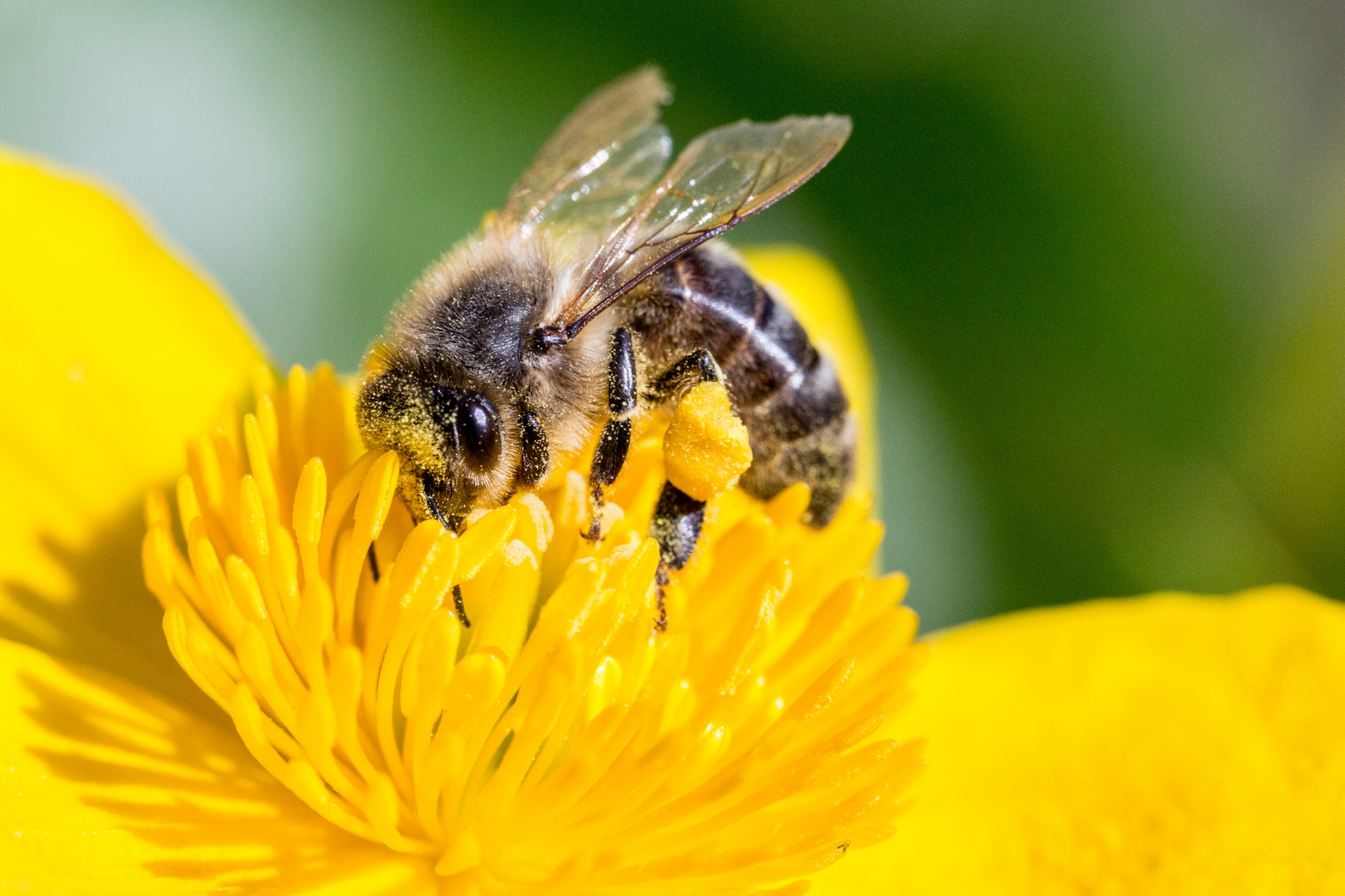UK Bans Bee-Killing Pesticide Cruiser SB.
The UK government has made a landmark decision to ban the emergency use of the neonicotinoid pesticide Cruiser SB, a substance known to be harmful to bees and other pollinators. This move has been widely celebrated by environmental groups and advocates for sustainable agriculture, as it marks a significant step toward safeguarding the nation’s delicate ecosystems.
 Neonicotinoids, including Cruiser SB, have long been a point of contention among farmers, environmentalists, and policymakers. These chemicals are highly effective in protecting crops from pests but are also notorious for their devastating impact on pollinators. Studies have shown that even small amounts of exposure can impair bees’ cognitive functions, navigation abilities, and reproductive success, with prolonged exposure often proving fatal.
Neonicotinoids, including Cruiser SB, have long been a point of contention among farmers, environmentalists, and policymakers. These chemicals are highly effective in protecting crops from pests but are also notorious for their devastating impact on pollinators. Studies have shown that even small amounts of exposure can impair bees’ cognitive functions, navigation abilities, and reproductive success, with prolonged exposure often proving fatal.
The decision to ban Cruiser SB is the first such prohibition in the UK in five years. It follows a growing global trend of restricting neonicotinoid use, driven by mounting evidence of their ecological harm. The Guardian reports that environmental organizations such as Friends of the Earth and the Wildlife Trusts have applauded the government for prioritizing nature over short-term agricultural gains. According to a spokesperson for Friends of the Earth, “This decision is sweet as honey for pollinators and a positive step toward healthier, more sustainable farming.”
However, the decision has not been without controversy. Farmers have expressed concerns about the potential impact on sugar beet crops, which have been susceptible to diseases such as virus yellows in recent years. The National Farmers’ Union (NFU) had previously lobbied for the continued emergency use of Cruiser SB, arguing that its absence could lead to lower yields and increased reliance on other pest-control methods.
Critics of the ban argue that alternative measures for managing crop pests are either less effective or more costly, potentially driving up food prices. In response, the government has pledged to provide financial support for farmers transitioning to more sustainable practices and to invest in research into pest-resistant crop varieties.
This decision also reflects a shift in the UK’s environmental priorities. With the country aiming to meet ambitious biodiversity and climate goals, reducing reliance on harmful chemicals is a vital component of its strategy. A 2022 report by the Royal Society for the Protection of Birds (RSPB) highlighted the crucial role of bees in pollination, estimating their economic contribution to UK agriculture at £690 million annually.
As the UK moves forward, balancing the needs of agriculture with ecological preservation will be critical. The ban on Cruiser SB is a victory for pollinators, but it also underscores the importance of innovation in farming. Experts stress that adopting integrated pest management (IPM) strategies and investing in nature-friendly farming will be essential to ensure the long-term sustainability of the nation’s food system.
This decision sends a strong message about the UK’s commitment to protecting biodiversity and promoting environmental resilience. While challenges remain, it represents a step in the right direction for pollinators, ecosystems, and future generations.
Leave A Comment
You must be logged in to post a comment.